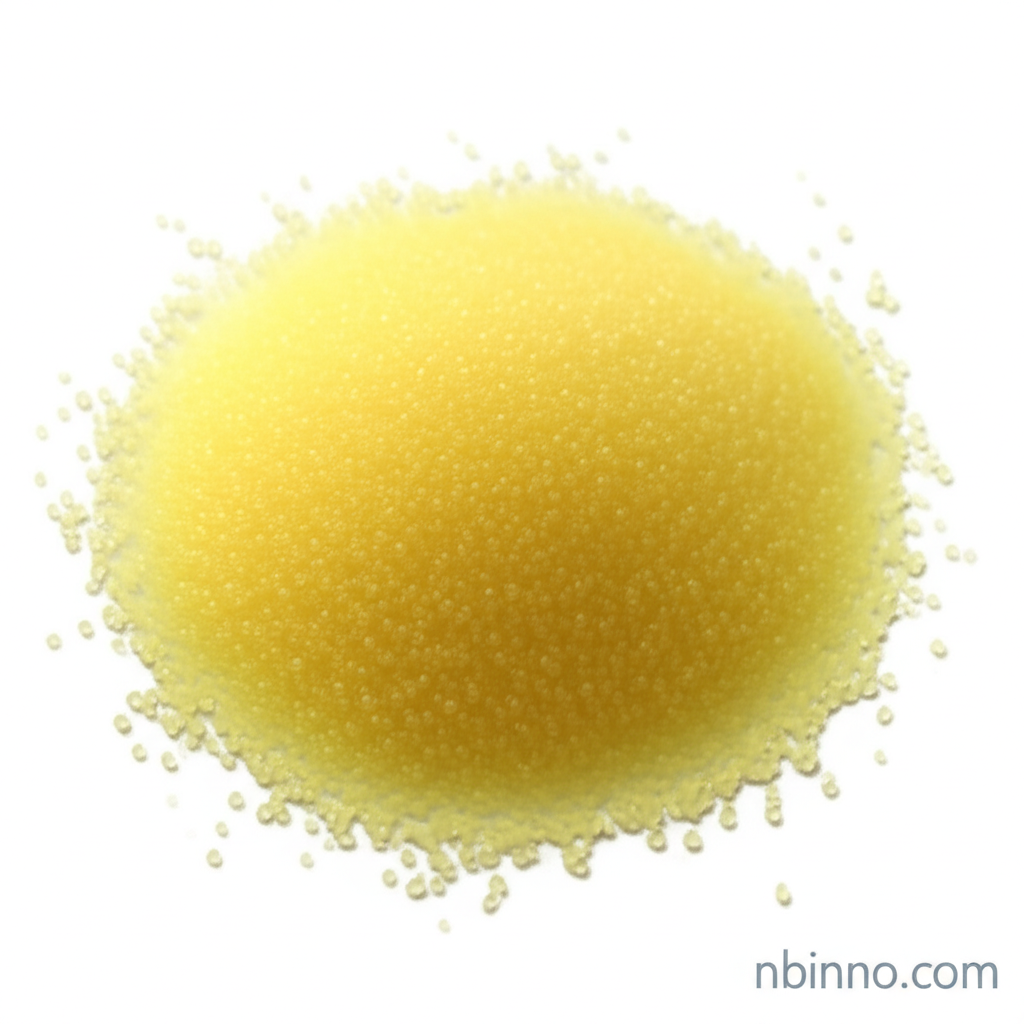2-Chlorotrityl Chloride Resin: A Versatile Solid Support for Peptide Synthesis and Organic Chemistry
Discover the key advantages of 2-CTC resin for efficient synthesis and mild cleavage in chemical research.
Get a Quote & SampleProduct Core Value

2-Chlorotrityl Chloride Resin
This resin offers exceptional utility in the field of chemical synthesis, particularly for solid-phase peptide synthesis (SPPS) and complex organic molecule construction. Its primary value lies in its unique acid-lability, allowing for the cleavage of synthesized compounds under remarkably mild acidic conditions. This property is critical for preserving sensitive protecting groups such as Boc and tBu, which is essential when preparing protected peptide fragments for convergent synthesis strategies. The resin’s structure also inherently minimizes side reactions like diketopiperazine formation, a common issue in peptide chain elongation, especially for sequences involving proline or cysteine at the C-terminus.
- Benefit from mild acidic cleavage conditions for protected peptide fragments, crucial for the integrity of acid-sensitive functionalities in your synthesized molecules.
- Prevent diketopiperazine formation and minimize racemization during peptide synthesis, ensuring higher purity and yield of your target peptides.
- Leverage its versatility for a wide range of synthetic methodologies, making it a cornerstone in preparing various small organic molecules and complex structures.
- Achieve good loading capacity, enabling efficient attachment of the first building block and contributing to overall higher yields in your synthetic processes.
Advantages Offered
Mild Cleavage Conditions
The ability to cleave under very mild acidic conditions, often using dilute TFA, is a significant advantage of 2-CTC resin, protecting sensitive functional groups.
Reduced Side Reactions
The steric bulk of the 2-chlorotrityl group helps inhibit diketopiperazine formation and minimizes racemization during peptide synthesis, leading to cleaner products.
Broad Applicability
This resin is compatible with a wide range of synthetic strategies and is used extensively in solid-phase peptide synthesis (SPPS) and the synthesis of various small organic molecules.
Key Applications
Solid-Phase Peptide Synthesis (SPPS)
Essential for synthesizing protected peptide fragments using the Fmoc/tBu strategy, where mild cleavage conditions are paramount for preserving protecting groups.
Organic Synthesis
Employed in the solid-phase synthesis of diverse small organic molecules, offering a convenient handle for building complex structures and facilitating purification.
Fragment Coupling
The resin's characteristics make it ideal for the preparation of peptide acids and partially protected peptide fragments, supporting convergent synthesis approaches.
Protecting Group Strategies
Acts as an acid-labile protecting group reagent for carboxylic acids, forming ester linkages that can be cleaved selectively under mild conditions.
